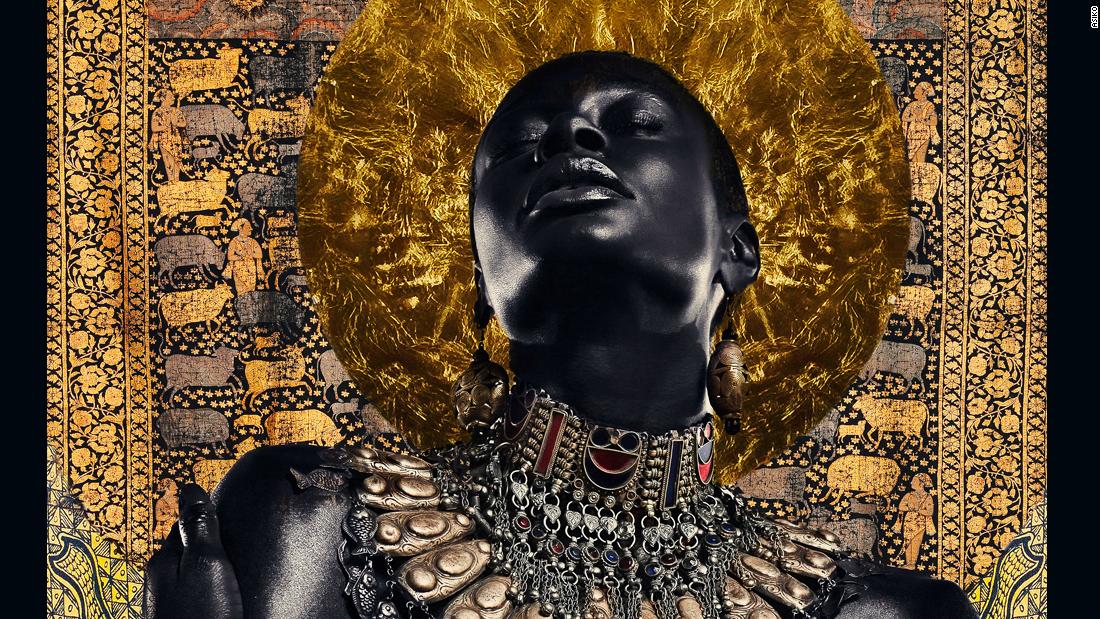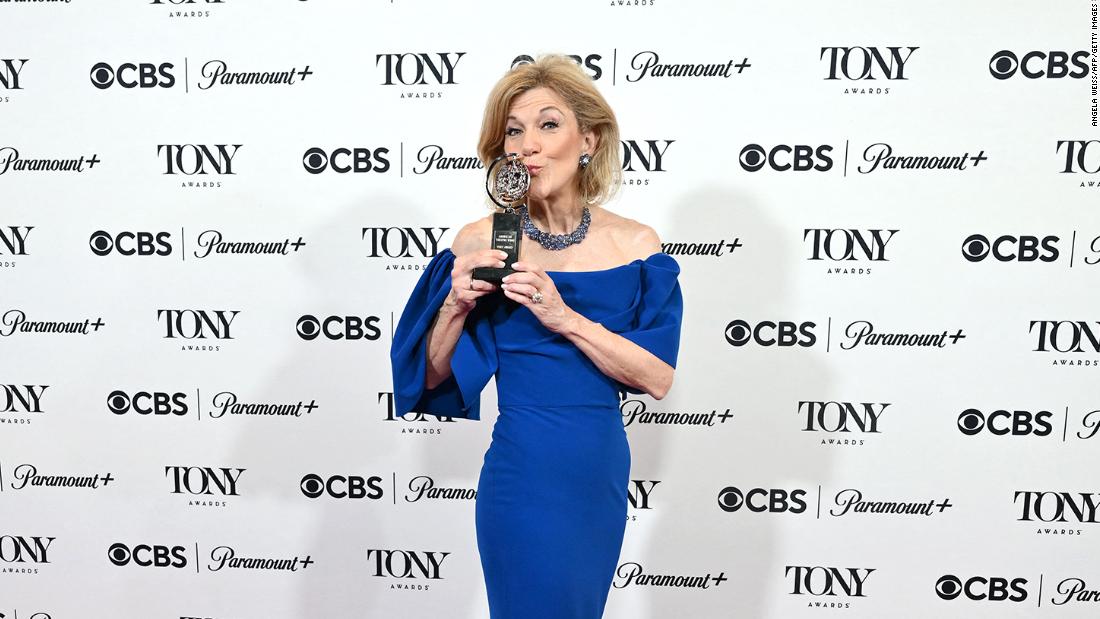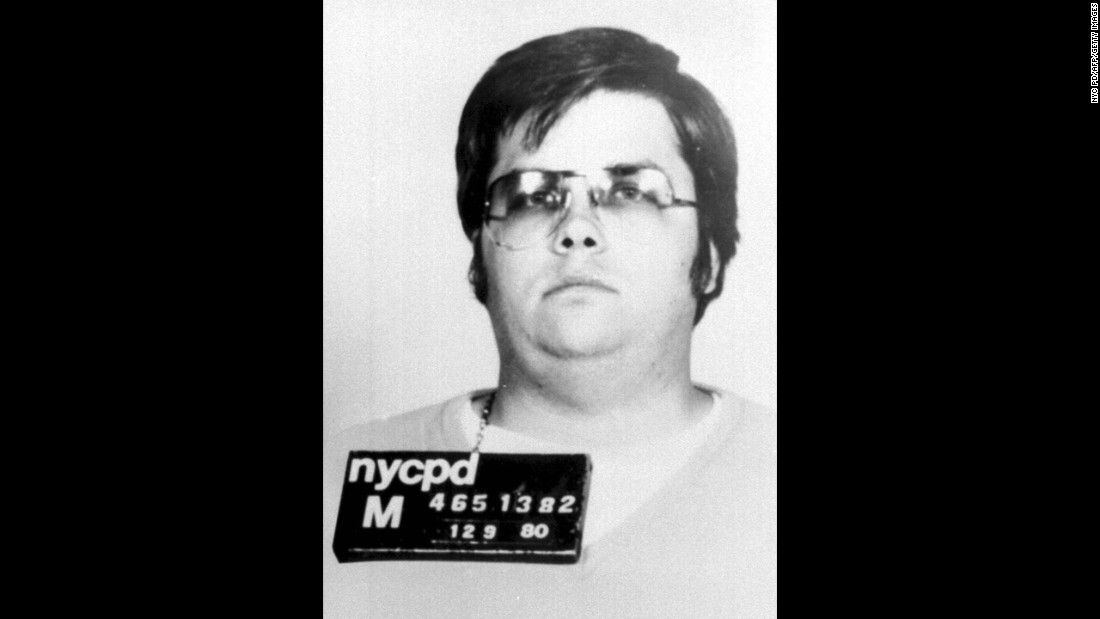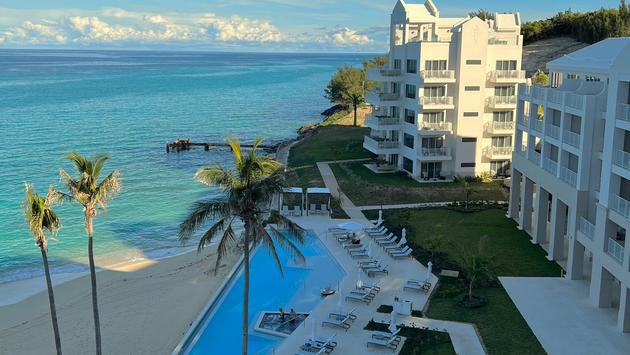- by cnn
- 27 Apr 2024
The Vatican's next big moral mission
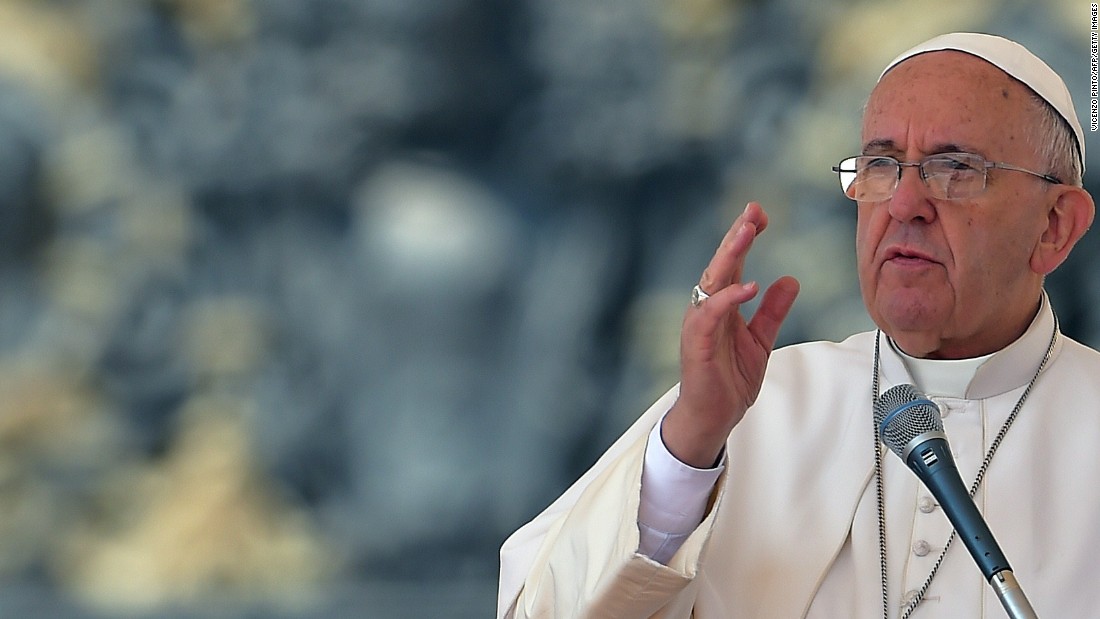
Editor's Note: Jessica Hellmann is the research director of the Notre Dame Global Adaptation Index, which aims to enhance understanding of adaptation and inform public and private investments in vulnerable communities. The views expressed are her own.
The Vatican hasn't been shy about tackling controversial issues head on since Pope Francis assumed the papacy. Indeed, from gay marriage to inequality, the Vatican has reinvigorated debate, sometimes in surprising ways, on a range of social issues. So it should probably come as no surprise that it is set to weigh in on one of the biggest issues facing society today: global warming.
While officials from across the globe continue negotiations on policies aimed at managing and reducing changes to the world's climate, the Vatican has turned a spotlight on the impact climate change will have on the world's poorest through a workshop this Tuesday that will set the stage for an anticipated encyclical later this year.
This workshop on "moral dimensions of climate change" is a welcome move, because climate change is as much about justice, dignity and equity as it is about computer models, atmospheric chemistry and carbon taxes. After all, its devastating effects - bigger, more destructive hurricanes; hotter, longer droughts; record-breaking wildfires and devastating floods - are poised to disproportionately harm the poor.
In a typical year, more than one-fifth of the Earth's population is impacted by climate-change, with the poor placed at greatest risk. Meanwhile, according to scientists involved in the University of Notre Dame Global Adaptation Index (ND-GAIN), an annual index ranking more than 175 nations on their vulnerability to climate change, those residing in the least-developed countries are 10-times more likely to be impacted by a climate disaster than those in wealthy countries. Further, the world's poorest countries lag more than a century behind the richest nations in preparing for climate change.
Not everyone is happy about Pope Francis' challenge to the world's 1.2 billion Catholics to embrace their moral duty to protect the poor in a climate-changed world. In the United States, squabbles continue over what the Pope should or should not say, while a report in The Guardian this month suggested that one U.S.-based activist group is dispatching a team to "inform Pope Francis of the truth about climate science," and to warn him about the United Nations' "unscientific agenda on the climate."
The Pontiff's moral message should be a call to action to Catholics and non-Catholics alike: Tell the hard truth, lend a voice to the silent and remain true to one's morals and data in the face of criticism. In other words, strive, as expressed by the late Fr. Ted Hesburgh, president emeritus of the University of Notre Dame, "To avoid the taint of intellectual and moral mediocrity, to be willing to stand for something unpopular, even if it is good, to be willing to be a minority of one if need be - this is part of the commitment."
- by travelpulse
- descember 09, 2016
Resort Casinos Likely Scuttled Under Amended Bermuda Legislation
Premier announces changes to long-delayed project
read more